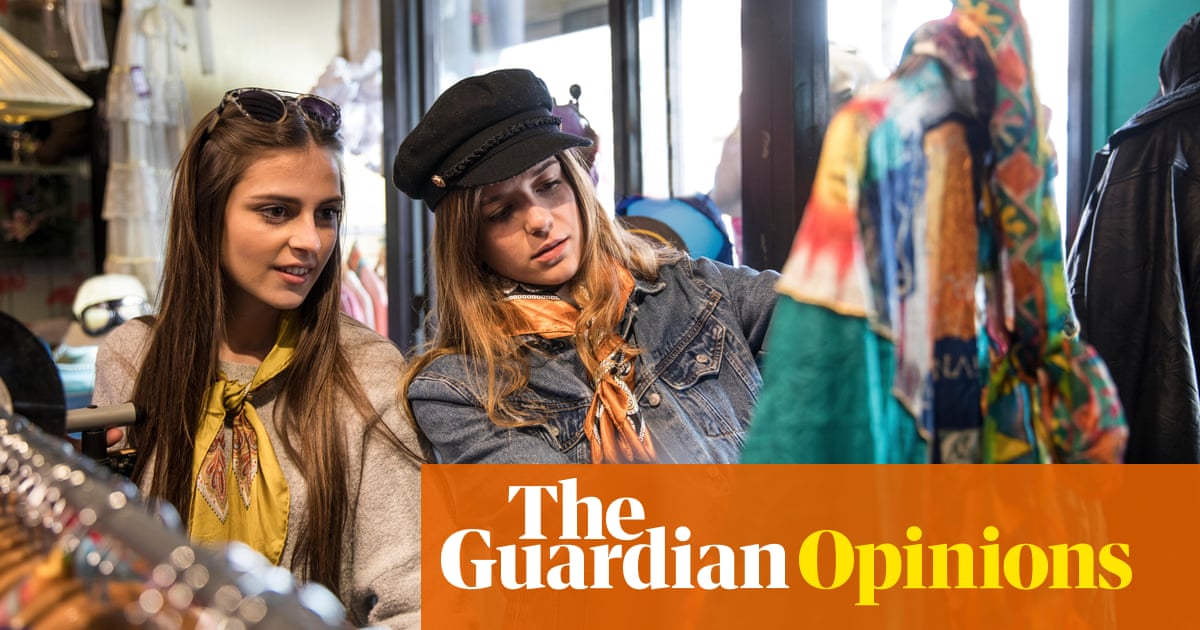I never used to think of myself as a liar. I always saw myself as an honest person. The only time I’d ever veer from the truth was to protect someone’s feelings. But that wasn’t really lying, I would tell myself, it was an act of kindness!
And then I had a therapy session, where I realised that all of this was actually people-pleasing behaviour and it turned out I was a prolific liar. Not only that, but according to my therapist, by constantly hiding my true feelings to protect those I loved, I was blocking them from ever getting to know the real me and creating true intimacy.
Slowly, I realised that every time I pretended I loved that thing my partner did, or lied about how fun it would be to go away for a friend’s birthday, or forced myself on yet another hen do, I was lying. I was prioritising everyone else over myself, and it meant that inside, I was raging with resentment.
I knew something had to change. So, in that moment, I vowed I would never tell another lie again. Not a single one. Even a white lie. I was done abandoning my own needs and hiding myself from my loved ones. It was time to show them the real me.
That was two years ago, and I haven’t lied since. I’ve wanted to – especially when it involves admitting something I find embarrassing (like being a yoga teacher who can’t do an unsupported handstand), or when I’ve had to let someone down. I’ve been racked with guilt after cancelling on people without the overly long made-up apology texts I used to send, instead simply admitting I’m not feeling up to it. And I’ve made mistakes, telling white lies, then realising what I’ve done: “Sorry, I just accidentally lied … I haven’t actually read your book, but I do want to!”
It was particularly hard at the start. It would take me hours to reply to a “do you fancy a coffee?” text when my answer was “no”. I would agonise over whether it was true to say, “Sorry, I can’t,” eventually settling on, “I’m not available, but will let you know when I am!”, followed by an excessive number of emojis to soften the blow. And I’d squirm with discomfort every time I had to tell someone something I knew they didn’t want to hear. From small things, like confessing that I couldn’t eat the dessert they had just made me because it contained gluten (previously, I would have lied or forced myself to eat it), or telling a friend I didn’t have the space to see them that week – or the week after.
But gradually, I realised I didn’t actually know what they wanted to hear, and I never had done at all. Because more often than not, I’d cancel on friends and instead of being disappointed, they’d be thrilled, replying: “Oh great, I wasn’t feeling up to it either!”
Once, I did something I’d never imagined I was capable of. I told a once-close friend that I felt we’d been growing apart, and perhaps it was best if we stopped seeing each other. I expected her to be devastated or furious. The reality? She was relieved I’d called it out so we could stop “flogging a dead horse”.
By telling the truth, I wasn’t, as I had falsely believed before, pushing people away until I was left completely alone (my greatest fear). If anything, I was becoming closer to those I really connected with, and gently letting go of those I didn’t. Some did initially struggle because they weren’t used to my honesty – whether it was me giving a candid opinion on their new Asos purchase, or voicing how hard I found it when they flaked on plans last-minute.
But slowly, people began to express their gratitude for my newfound honesty. I’ll never forget the first time a friend thanked me for it: “I feel so safe in our friendship because I don’t have to second guess anything. I know if I’ve upset you, you’ll just tell me!” That was when I truly saw what I’d been denying myself in all those years of lying: the chance to be accepted for who I am. My friends wouldn’t leave me if I told the truth – they’d simply trust me.
My experience inspired me to write a children’s novel about a girl who couldn’t lie. I’ve dedicated it to my younger self, and I hope it encourages a new generation to do what I’ve only just learned: to tell the truth.
Radical honesty isn’t for the faint-hearted – I’ve had to face my greatest fears and feel the shame, guilt and discomfort that arise from having difficult conversations – but it’s one of the greatest joys I’ve ever discovered.
I’ve learned that there’s really no need to lie. There is always a kind way to tell the truth, and if necessary, I can always say I’d rather not answer any question being asked of me. Because the alternative is no longer an option. Lying is a disservice to myself and to the person on the receiving end.
It’s why I’m fully committed to maintaining my vow of honesty. I have no idea where it will take me, and I’m sure many more awkward conversations await me, but at least I’ll always be living a life of total authenticity.







